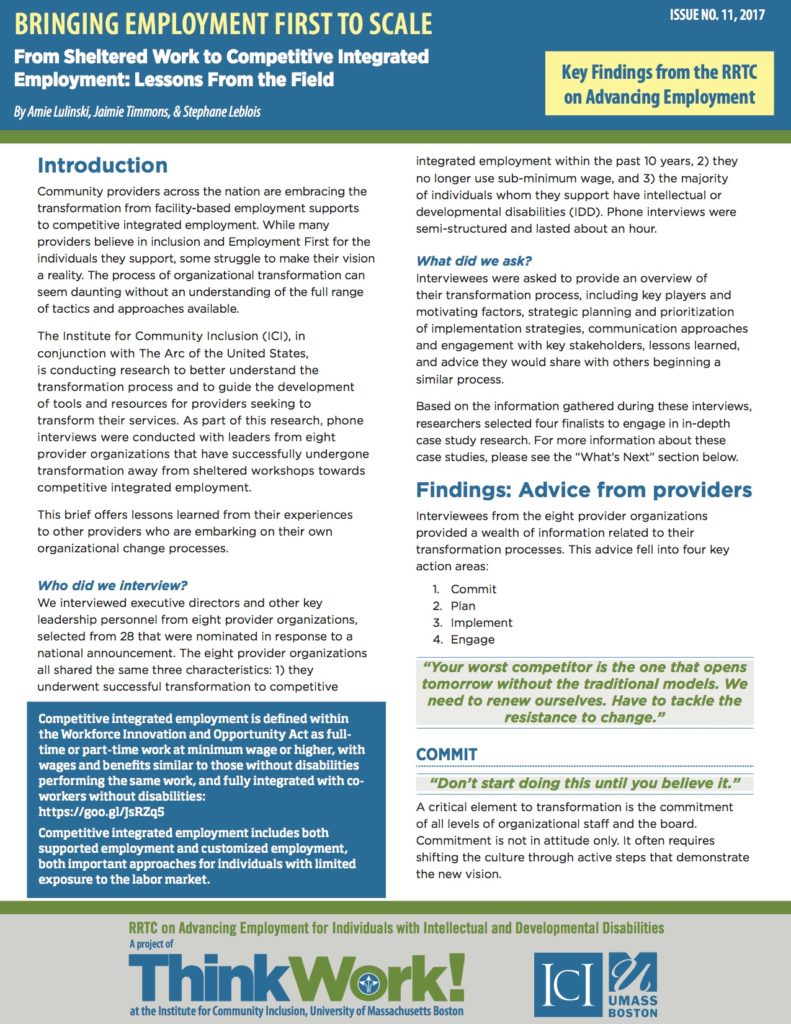Washington, DC – Today, the U.S. House of Representatives voted 244 to 171 to revive a failed former policy that cuts off Supplemental Security Income (SSI) benefits for certain people with disabilities and seniors. The legislation targets SSI recipients with outstanding arrest warrants for alleged felonies or alleged violations of probation or parole. Federal law already prohibits payment of SSI benefits to people fleeing from law enforcement to avoid prosecution or imprisonment, and the Social Security Administration has a process in place to notify law enforcement of the whereabouts of such individuals. The original policy ended due to class action litigation.
“This bill is unjust, cruel, and unnecessary, and shows total disregard for the day to day economic struggles of most SSI beneficiaries. SSI benefits average $18 per day and are the only personal income for nearly three in five beneficiaries. Cutting off these modest SSI benefits will cause significant hardship and will only make it more difficult for people to resolve old, outstanding arrest warrants. The Senate should reject this tried and failed approach,” said T.J. Sutcliffe, Director, Income and Housing Policy.
Based on experience with the former policy, H.R. 2792 would not help law enforcement to secure arrests, but instead would target people whose cases are inactive and whom law enforcement is not pursuing. Most of the warrants in question are decades old and include warrants routinely issued when a person was unable to pay a fine or court fee, or a probation supervision fee. Many people are not even aware that a warrant was issued for them, as warrants are often not served on the individual. Some people will be swept up because of mistaken identity, or paperwork errors, which can take months or even years to resolve. Many people will face barriers to clearing their records based on the nature of their disabilities or their current circumstances, for example, an individual with Alzheimer’s in a nursing home.
Resolving an old arrest warrant can often involve significant time and expense, such as when a person has moved and lives far from the jurisdiction that issued, but never pursued, a decades-old warrant. Anecdotally, a very high percentage of people affected by the former policy were people with mental impairments, including people with intellectual disability.
The proposal uses savings from cuts to SSI under H.R. 2792 to pay for legislation to reauthorize the Maternal, Infant, and Early Childhood Home Visiting (MIECHV) program.
“Home visiting helps to improve maternal and child health and increases access to screening and early intervention for children with disabilities. Reauthorization of this valuable program should not be paid for by cutting off SSI for people with disabilities, seniors, and their families,” said Sutcliffe.
As highlighted in a fact sheet by the Consortium for Citizens with Disabilities, here are two stories of people harmed by Social Security’s former failed policy: Rosa Martinez, the lead plaintiff in one of several class action law suits brought against the policy, and a juvenile survivor of childhood abuse:
- Mistaken Identity: Rosa Martinez, the lead plaintiff in Martinez v. Astruewas, in 2008, a 52-year old woman who received notice from SSA that she was losing her disability benefits because of a 1980 arrest warrant for a drug offense in Miami, FL. Ms. Martinez had never been to Miami, never been arrested, never used illegal drugs, and is eight inches shorter than the person identified in the warrant. Despite an obvious case of mistaken identity, Ms. Martinez was left without her sole source of income while she cleared up the error on her own, without any help from SSA. It was only after filing a lawsuit that Ms. Martinez was able to receive her benefits.
- Juvenile Survivor of Childhood Abuse: A young man in California with intellectual disability and other mental impairments had his SSI benefits stopped because of an Ohio warrant issued when he was 12 years old and running away to escape an abusive stepfather. The 4’7” tall, 85-pound boy was charged with assault for kicking a staff member at the detention center where he was being held until his mother could pick him up. Many years later, he had no recollection of the incident.
More stories of people harmed by SSA’s former failed policy are available from Justice in Aging.
The Arc advocates for and serves people with intellectual and developmental disabilities (IDD), including Down syndrome, autism, Fetal Alcohol Spectrum Disorders, cerebral palsy and other diagnoses. The Arc has a network of over 650 chapters across the country promoting and protecting the human rights of people with IDD and actively supporting their full inclusion and participation in the community throughout their lifetimes and without regard to diagnosis.









